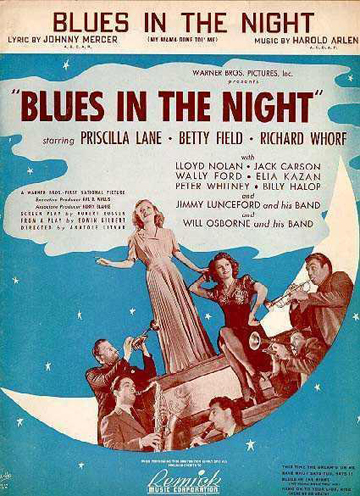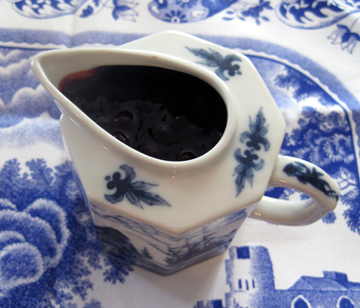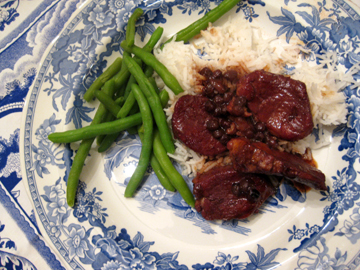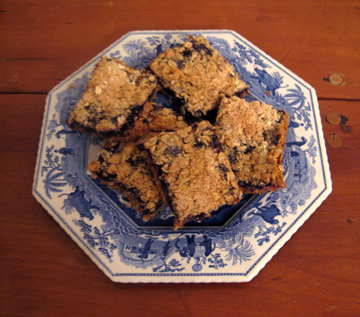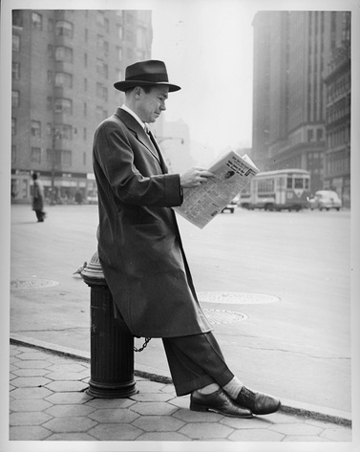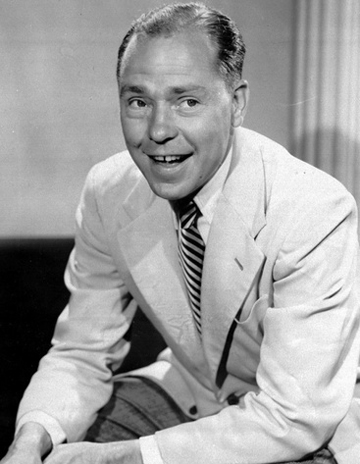
Lyricist Johnny Mercer (Savannah Morning News)
A Johnny Mercer lyric is all the wit you wish you had and all the love you ever lost.
So said Frank Sinatra, one of the great interpreters of American song.
The lyricist John Herndon Mercer (1909-1976) would have turned 100 on November 18. His centennial is being celebrated with tributes all over the world and particularly in his hometown of Savannah, Georgia.
Naturally, I have to get in the act!
Composer/pianist Alice Parker and I will perform a local tribute to Mercer’s music on Friday, November 20, in Colrain, Massachusetts.
Mercer wrote the words to hundreds of memorable songs, including “That Old Black Magic,” “Something’s Gotta Give,” “Jeepers Creepers,” “Days of Wine and Roses,” and “The Autumn Leaves.”
Perhaps because he worked with many different composers, Mercer’s legacy is a little dimmer in the popular mind than those of lyricists such as Cole Porter, Ira Gershwin, and Oscar Hammerstein II. Singers like me love to perform his songs, however.
The Sinatra quotation says it all. Mercer produced brilliant, lively numbers like “Accentuate the Positive” and funny ones like “Lonesome Polecat” from the film Seven Brides for Seven Brothers. Sung by lonely woodchoppers, it offers one of my all-time favorite lines: “A man can’t sleep when he sleeps with sheep.”
And then Mercer hit the ear with a lyric of love and longing like “Blues in the Night” or “Come Rain or Come Shine.” Sometimes it’s all a singer can do to get through these songs without crying.
A couple of my favorite Mercer lyrics are among his more obscure works. I’m a sucker for a sweet tune called “Lullaby” from the short-lived Broadway show Saint Louis Woman, which he wrote with composer Harold Arlen in 1946.
It tenderly evokes memories of early childhood and laments our collective inability to recreate the feelings we had in our parents’ arms.
I also relish one of Mercer’s earliest songs, “Satan’s Li’l Lamb,” a collaboration with Arlen and lyricist Yip Harburg. The three threw it together for an African-American review in New York in 1932.
As soon as the great Broadway belter Ethel Merman heard it she ran out and recorded it. The music and lyrics are bluesy and sad but also funny and self-deprecatory, full of jazz rhythms and chords.
“Satan’s L’il Lamb” also winds up with a high, dramatic passage. High, dramatic passages are better than candy to us sopranos!
In addition to writing songs, Johnny Mercer was an influential performer and a pioneer in the recording industry.
He began his career as an actor and singer; he sang with both the Paul Whiteman and Benny Goodman Orchestras. In his prime he hosted regular radio shows in which he performed and promoted his own songs and those of his peers.
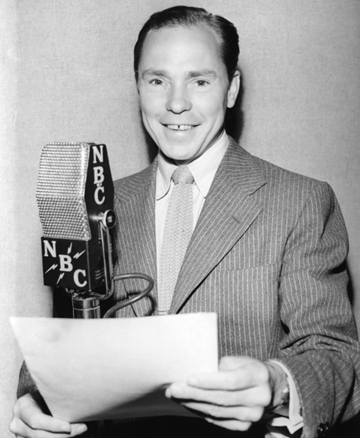
(Savannah Morning News)
In the 1940s he founded Capitol Records, the first major record company on the west coast and a music institution for years to come. It emphasized quality recordings, fairness to composers and musicians in paying royalties, and the development of new talent.
As both a writer and a performer Mercer had a knack for the vernacular that charmed his audience and knocked down doors. Savannah justly claims him as its favorite son; his temperament and artistic sensibility were authentically Southern.
His Southern streak carried disadvantages. Like his fellow sons of the South Tennessee Williams and William Faulkner, Mercer was an alcoholic.
Overall, however, his background stood him in good stead. It enabled him to blend much of the South’s character into his music: its slow pace, the African-American songs he sought out in his youth, the folk music of his Scottish-American heritage.
He wove the landscapes and the sounds of his childhood into his lyrics—the huckleberries he picked as a child, the meadows and the rivers in which he played, the “whoo, whoo” of the trains that passed through town, the lilt of his mother’s Southern accent.
I champion American popular music of all eras. I’m conscious, however that we don’t have lyricists like Johnny Mercer today—versatile poets with an ear for the rhythms of American life and the verve to promote their songs with humor and intelligence. As a historian, singer, and member of the public I’m enjoying getting to know his music better.
His song poems can tell stories as they do in “One for My Baby,” in which the narrator talks about his lost love to a bartender. They can act as traditional love ballads as in “I’m Old Fashioned.” Or they can string together images and sounds to convey a patchwork of emotions as in “Moon River”:
Two drifters, off to see the world.
There’s such a lot of world to see.
We’re after the same rainbow’s end.
Waiting ‘round the bed.
My Huckleberry friend,
Moon River and me.
All of us should take time on November 18 to sing a Mercer tune and or/listen to some of the music of America’s Huckleberry Friend.
“Blues in the Night,” my program with Alice Parker, will take place at the Green Emporium on Friday, November 20, beginning at 8:30 pm. Pizza, cocktails, and dessert will be served. Reservations are suggested; the restaurant’s number is 413-624-5122.
If you’d like a huckleberry recipe (one of my readers wanted one after looking at this post!), please see my post on Huckleberry Friendship Bars. Mercer lovers might also like to try the “Blues in the Night” barbecue sauce…….
If you enjoyed this post, please consider taking out an email subscription to my blog. It features easy and tasty recipes plus digressions on history, popular culture, and country life. Just click on the link below!
Subscribe to In Our Grandmothers’ Kitchens by Email.
